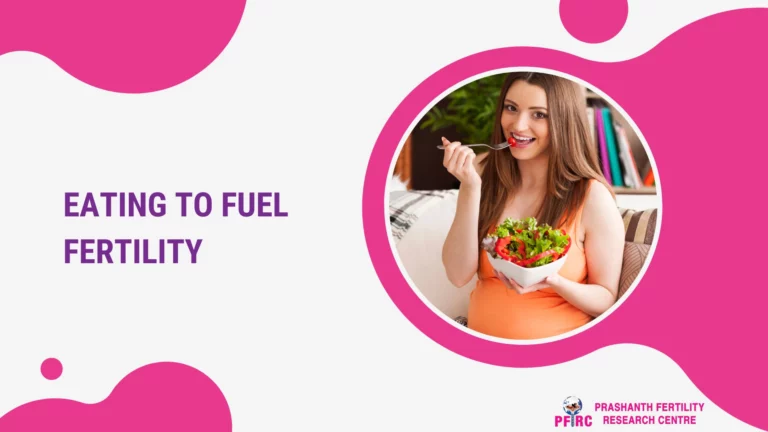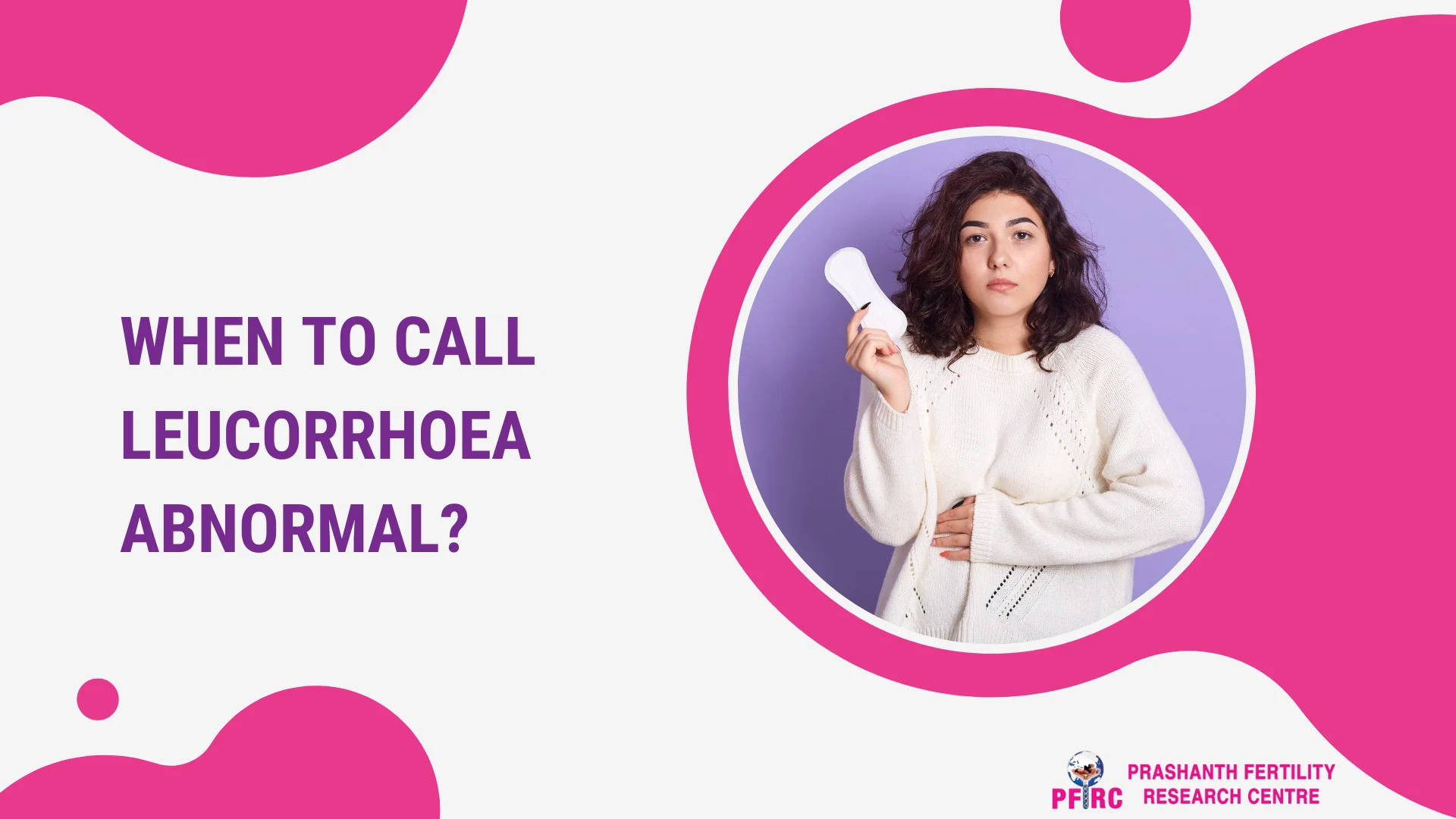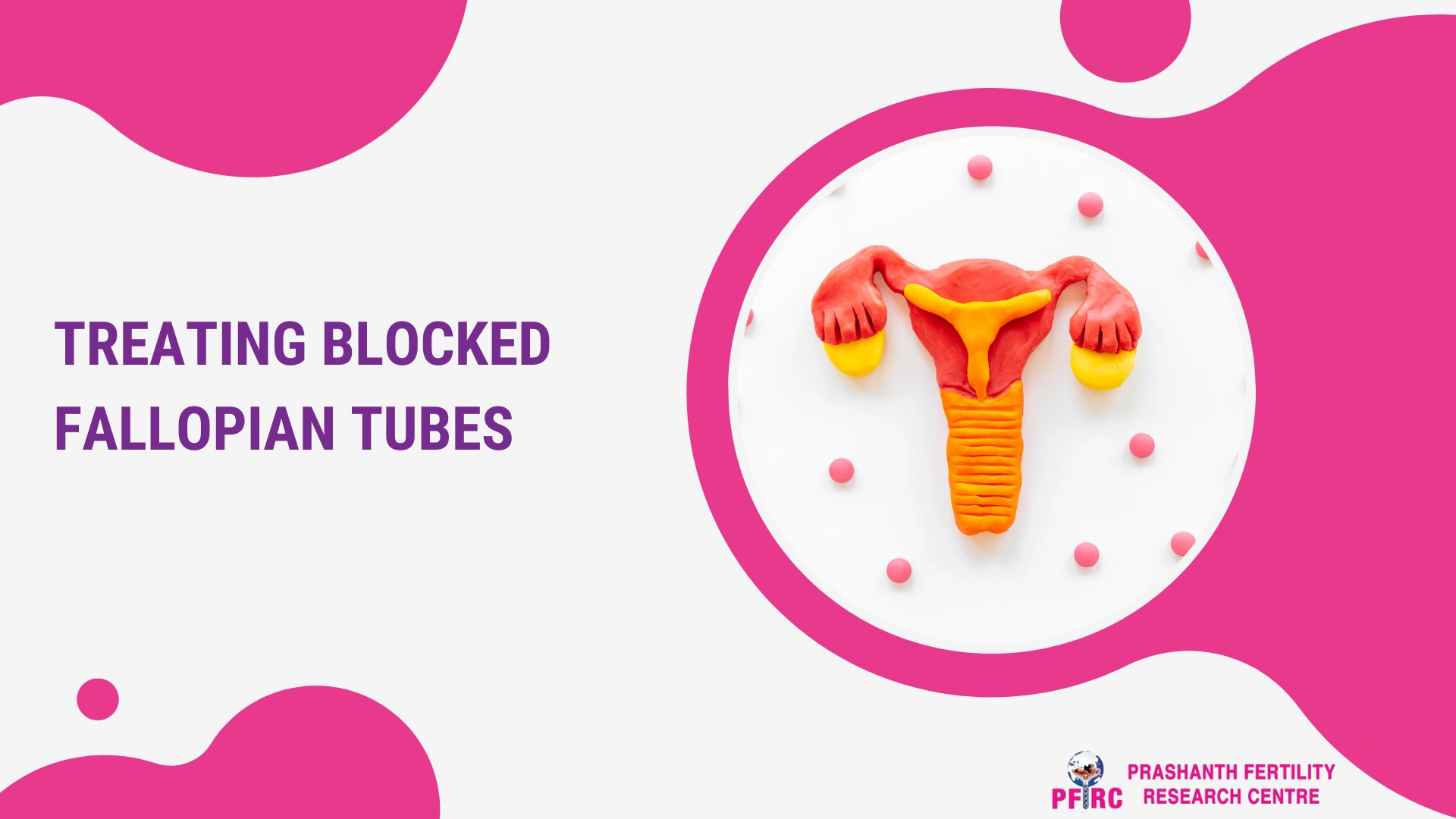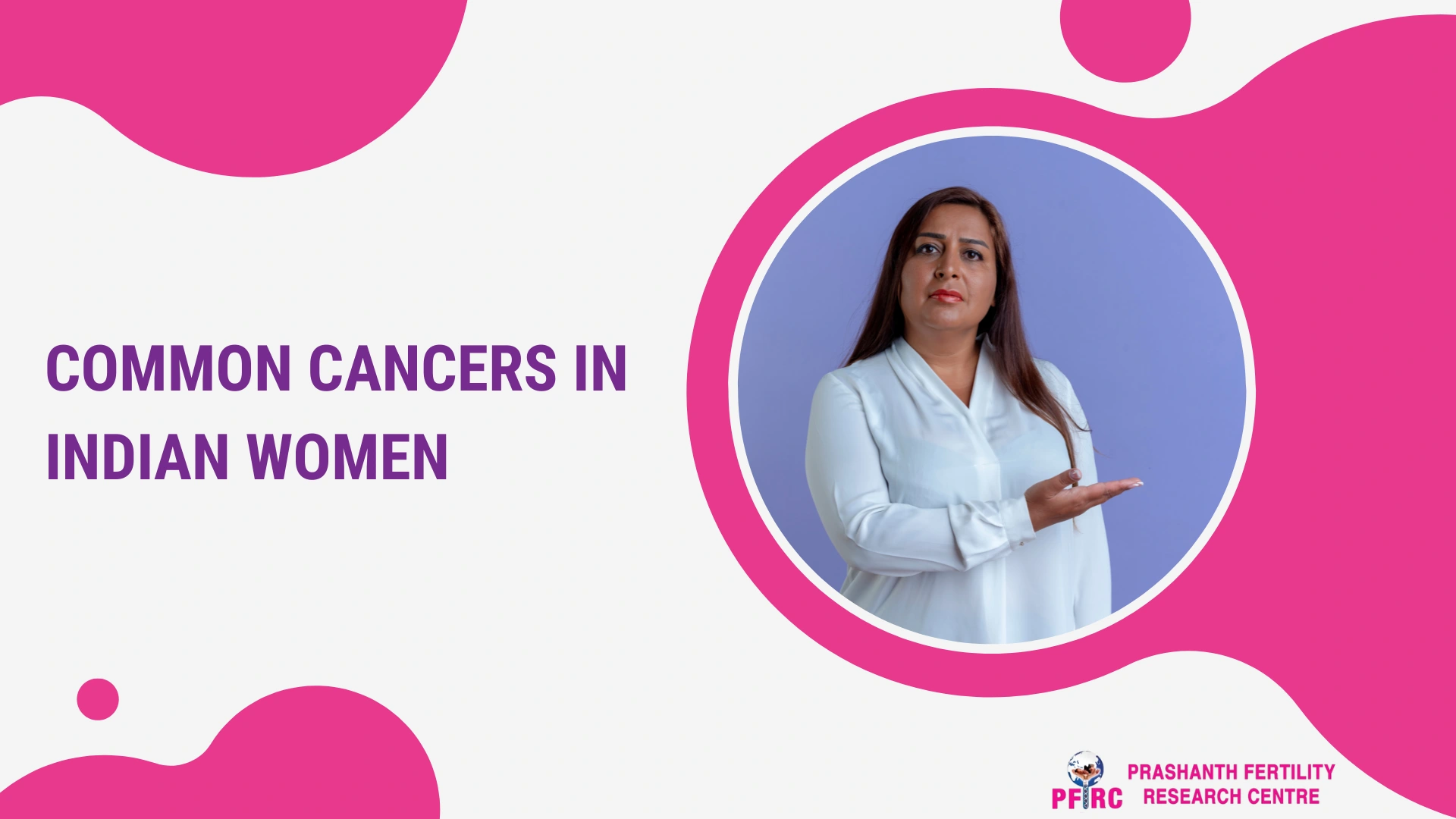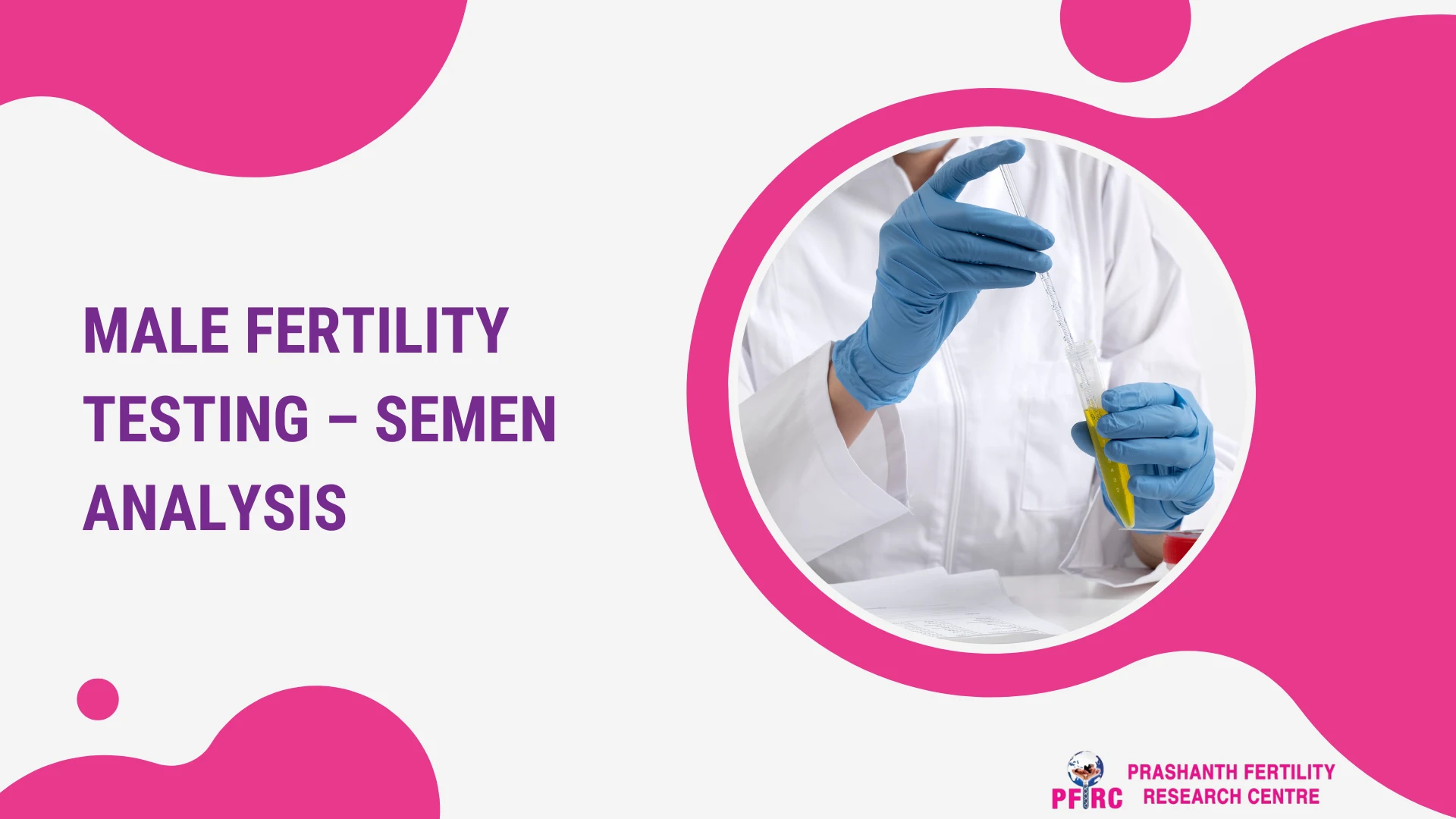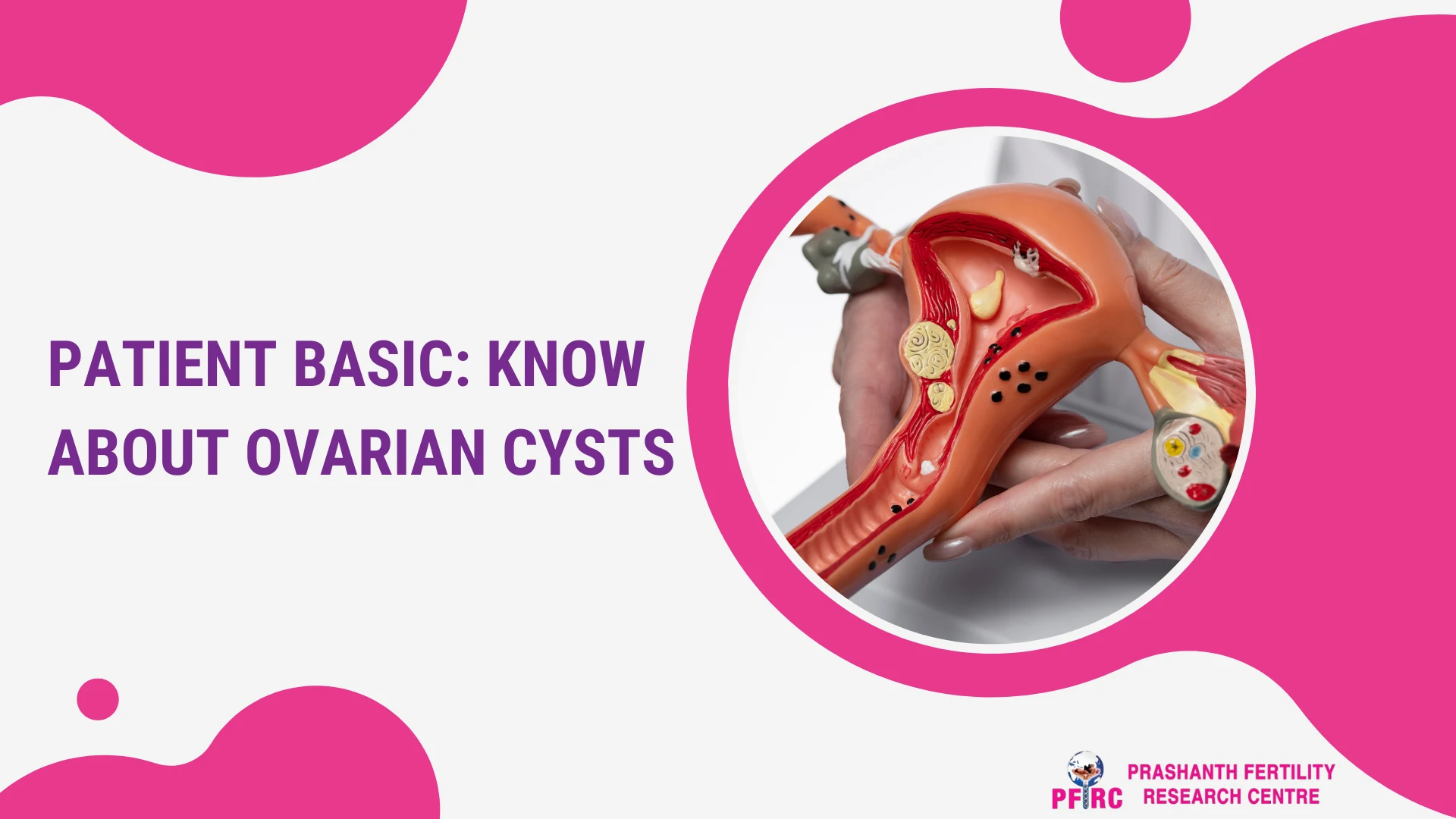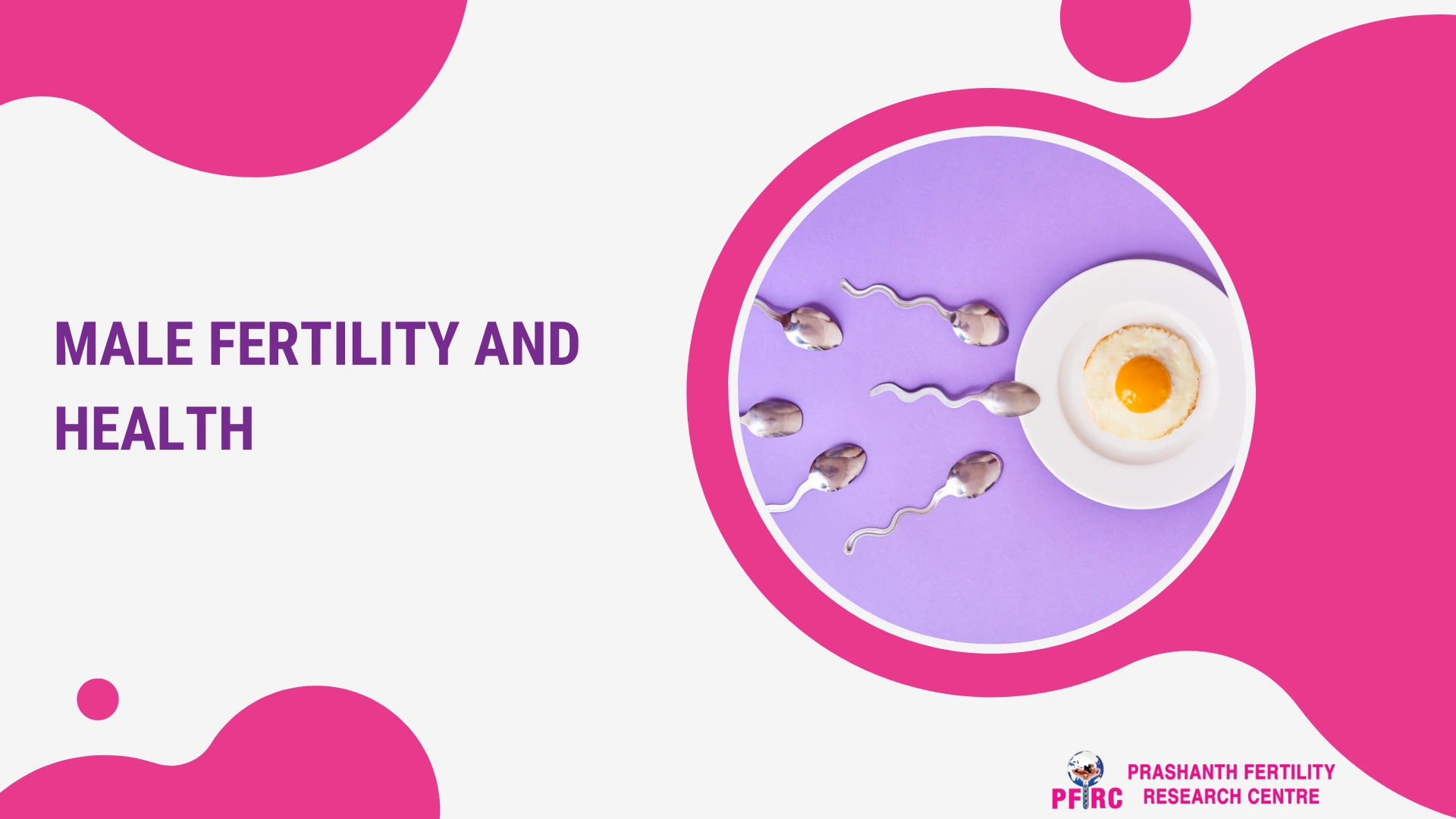The moment you realize that you want to start a family with your partner is also the moment that you need to start taking care of yourself better in order to make sure that your body is healthy and ready for a change that’s about to happen.
Best food to eat during ivf treatment
Many people ask what they should be eating when trying to conceive. Is it true that changing dietary habits can help improve your chances of success with IVF treatment and to prepare your body for a successful pregnancy? Well, though there are no specific foods that will increase your chances of getting pregnant, maintaining a healthy diet can be beneficial for fertility. A healthy and balanced diet is crucial not only for expecting mothers but also for women who are wishing to start a family as this helps to boost the chances of conceiving by enhancing fertility.
If you are planning to start a family, it’s wise to modify your diet and lifestyle to boost the chances of conception. This will improve your fertility environment as well as create the best nutritional foundation for fetal growth and development
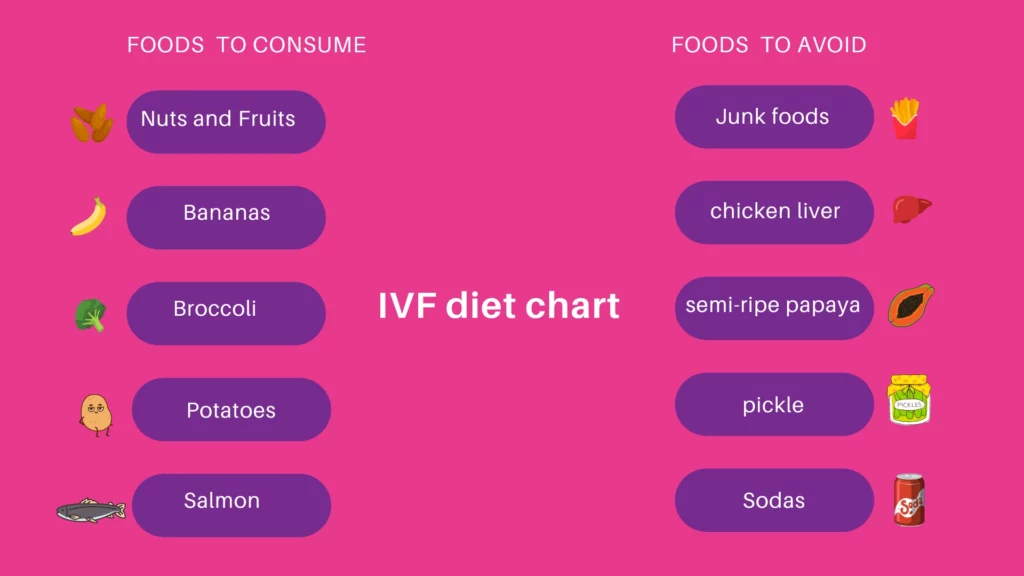
above are some the foods to consume and avoid in IVF treatment. learn more about the it below
Foods to Include
Treat your improved diet as the first step towards parenthood. Here’s a list of foods to include in your diet for the best results.
Nuts and dry fruits
Dried fruits and nuts are a great source of protein, vitamins, and minerals. Nuts have high quantities of selenium, a mineral that declines chromosomal damage in eggs.
Green leafy vegetables & fruits
Green leafy vegetables are a rich source of folic acid and vitamin C, which helps in improving the process of ovulation. Berries are among the most nutritious and delicious foods you can eat. Fruits like raspberries, blueberries, and strawberries contain natural antioxidants that greatly improve the chances of fertility on both sexes.
Complex Carbs
An important factor relating to insulin sensitivity is the type and quantity of carbohydrates you eat. Refined carbs are found in processed and sugary foods and are digested quickly, which causes a spike in your blood sugar and a quick release of insulin into your body. Complex carbs like whole grains, legumes, fruits, and vegetables are digested slowly, which gives your body time to respond. High insulin levels disturb your hormones and can affect ovulation.
A daily serving of full-fat dairy
You can have one serving of whole milk instead of skimmed milk or replace a serving of low-fat yogurt with full fat. Dairy contains lots of calcium which is an essential fertility nutrient. Just remember not to overdo the daily suggested serving. However, if you’ve been told by your doctor to gain less or maintain your weight during pregnancy, you should leave the full-fat dairy products out.
Take a multivitamin
For the healthy functioning of the reproductive system, the body requires a number of essential nutrients including antioxidants, hormones, vitamins, etc. For instance, folic acid plays a very important role in DNA replication and egg maturation before the ovulation process. So, get advice from your physician for multivitamins.
Foods to Avoid
During pregnancy, making informed food choices is crucial for the health and well-being of both the mother and the baby. Certain foods should be avoided to reduce the risk of potential harm and ensure a safe and healthy pregnancy journey.
No Trans Fats
Artificial Trans Fats are made using an industrial process that adds hydrogen to liquid vegetable oils and makes them more solid. According to studies, the consumption of trans-fatty acids and other unhealthy foods like potatoes, sweetened beverages, processed meats, and junk food had negative effects on fertility.
Watch the liquid intake
While a moderate amount of alcohol and beverages with caffeine haven’t been linked to a decrease in fertility, it’s a good idea to start eliminating them to prepare for pregnancy. Drink lots of water and stay away from sugary drinks like soda.
Cut back on caffeine
High caffeine intake interferes with conception. Caffeine intake is safe during preconception and pregnancy, but limit intake to less than 200 mg per day.
Fish carefully
Don’t eat sushi or any raw fish. During pregnancy, avoid fish with high mercury content, such as shark, swordfish, king mackerel, and tilefish, to prevent potential harm to the baby’s developing nervous system. Opt for safer fish options like salmon, shrimp, tilapia, and canned light tuna.
Avoid refined carbs
High levels of refined carbohydrates can affect the metabolic system of the body and fuel obesity, which can reduce fertility.
Points to Ponder!
- Avoid trans-fats, the artery-clogging fats in many commercial products, and fast foods.
- Low Carbohydrate High Fat (LCHF) diet is recommended for fertility as it gives health to the gametes.
- Use more unsaturated vegetable oils such as olive oil and cut back on saturated fat.
- Eat more vegetable protein, like beans and nuts, and less animal protein.
- Choose whole grains and other unrefined carbohydrates rather than refined carbohydrates.
- Burning sensation while urinating and frequent urge to pass very little urine
- Drink a glass of whole milk or eat a dish of full-fat yogurt every day (unless advised otherwise).
- Get plenty of iron from fruits, vegetables, beans, and supplements (not from red meat).
- Drink coffee and tea in moderation or cut back altogether and skip sugared sodas.
- if you are overweight, lose a minimum of 10 percent of your body weight
- Start a daily exercise plan.
- Take whole eggs (with the yolk) — they are a good source of lean protein. Couple it with lots of vegetables and greens.
Get the Best Fertility Treatment at PFRC
A fertility diet can assist your body in its reproductive efforts. Foods that contain dense amounts of nutrients necessary for normal hormonal production, function, balance, and development of the fetus are suggested to couples going through infertility issues. Infertility can be a challenging time for couples, and at PFRC, we totally understand this fact and provide you with the best fertility treatment. PFRC has some of the best fertility experts in Chennai offering the best possible treatment options for couples looking to get pregnant.

